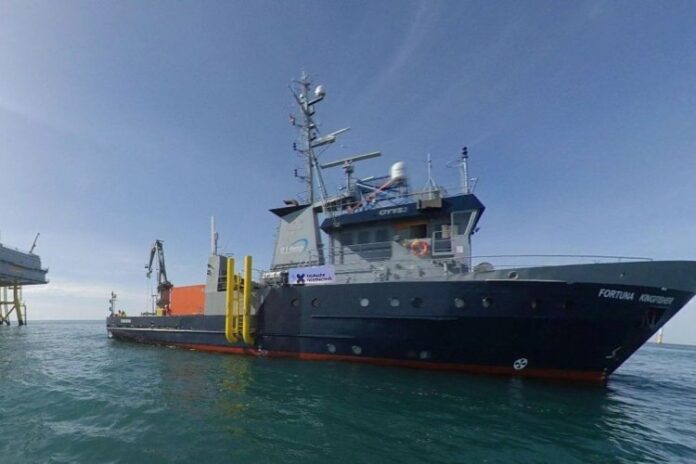The Advanced Zero Emission Analysis Tool is a numerical system that will assess the feasibility of zero-emissions modifications of existing vessels.
It can also be used in the design of new vessels.
Using the tool, owners, operators, system designers and engineers will be able to find the optimum green fuel options for their requirements.
The tool, developed by the University of Exeter’s Centre for Future Clean Mobility (CFCM) and Newcastle Marine Services, has been awarded a grant of more than £500,000 by Innovate UK.
“By the end of the project, the tool will be offered to the UK maritime industry,” said Professor Chris Smith, of CFCM.
“As well as helping a diverse range of vessels switch to green fuels, it will allow rapid and cost-effective evaluation of the large offshore support fleet required for the UK’s net-zero industries – contributing to the national effort to achieve net zero before 2050.”
Project lead Iman Ramzanpoor, Managing Director of Newcastle Marine Services, said: “We are enthusiastic about the collaboration with the Centre for Future Clean Mobility to create an innovative and robust software aimed at expediting and transforming the adoption of alternative fuels in the maritime industry.
“Through a comprehensive feasibility study encompassing technical and financial considerations conducted by the Advanced Zero Emission Analysis Tool, the project aims to streamline design and feasibility processes, rendering the shift to zero or lower emissions a compelling option for a diverse range of professionals including designers, operators, and policymakers in the UK and beyond.
“This initiative underscores our dedication to advancing sustainable maritime technology and supporting the UK’s aspirations to emerge as a global frontrunner in low carbon maritime practices.” The funding, which comes from the UK government’s Department for Transport, has been awarded as part of the Clean Maritime Demonstration Competition (CMDC).



